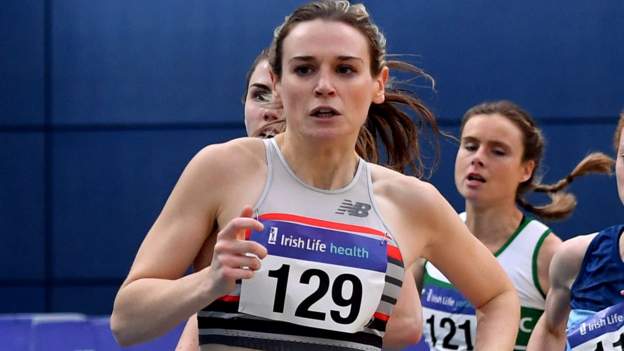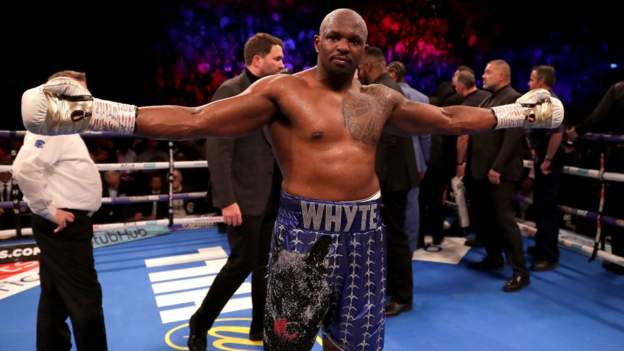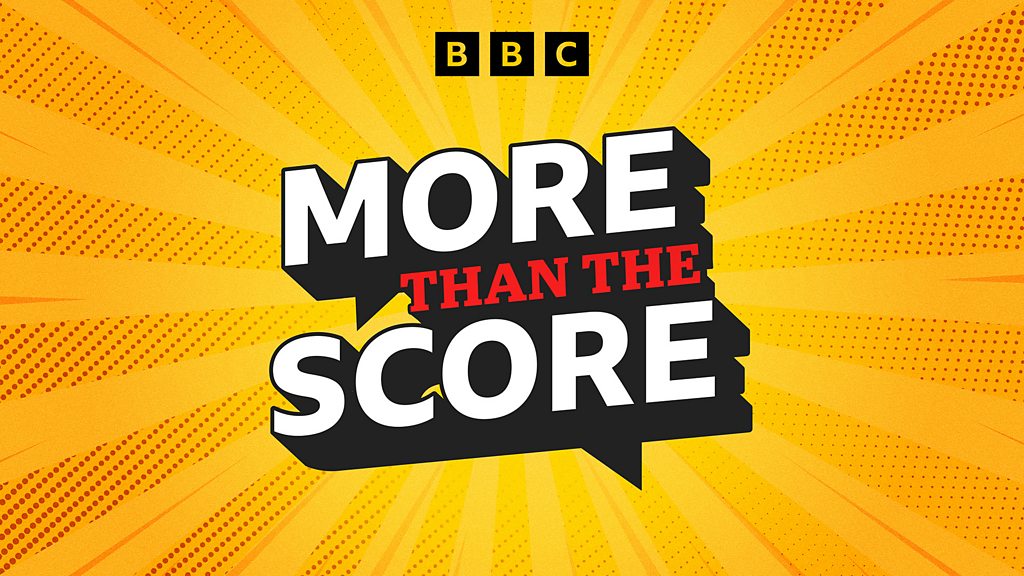Northern Ireland athlete Katie Kirk has stressed the importance of getting a diagnosis for people with eating disorders.
At the start of what is Eating Disorders Awareness Week, the 800m runner opened up about the challenges she has faced with anorexia during her career.
Speaking on this week’s edition of Sportsound Extra Time, the 28-year-old said that having her condition diagnosed was a significant help in managing the illness.
“I think that because I seemed quite capable, they misjudged the severity because I was able to talk my way around it and say that everything was OK,” she said.
“Basically, at the time I was diagnosed with atypical anorexia. Now, that would just be diagnosed as anorexia nervosa, which is basically where you maybe don’t tick every box for that clinical diagnosis of anorexia nervosa.”
She added: “Getting a diagnosis can be very important for people as well because it can give you permission to seek help.
“I didn’t get a diagnosis until a little bit longer into my treatment journey but getting that kind of affirmed for me that this is a serious problem and I need to take it seriously. I think that was quite affirming for me to get that diagnosis at the time.”
‘Food and body have always been stumbling blocks’
Kirk rose to prominence when she was one of seven promising young athletes from across the UK who were given the honour of helping to light the official Olympic cauldron during the opening ceremony for the 2012 London Olympics.
She had competed at the Commonwealth Games in 2010 and then, at the age of 21, reached the semi-finals of the 2014 Commonwealth Games in Glasgow.
It was the year before this, when she started university after taking a year out after finishing school to focus on athletics, that Kirk believes her eating disorder began – although she admitted she did not realise it at the time.
“It’s very hard to pinpoint when it happened for me,” she explained.
“Looking back, I definitely can identify that food and body have maybe always been stumbling blocks for me personally.
“There have been episodes prior to that in my teenage years when it wasn’t anything clinical or maybe anything serious but certainly it was something for me that kept coming back time and time again.
“I do think starting university was a massive anxiety trigger for me. I think that for me around that point, managing the university work and having this massive target for sport was a lot and I wasn’t really able to fully process why I was feeling anxious or that I even felt anxious at all.
“I maybe used some coping mechanisms that weren’t particularly good for my body or my head.”
Illness linked to ‘anxiety around performance’
Kirk, who set a new 800m personal best of two minutes 01.94 seconds as she won at the Belfast International in September, also said she believes that the pressures of competitive sport were also a factor in her illness.
“I believed I needed to eat certain things or weigh a certain amount to perform well,” she said.
“I do think that on a minor level my illness was linked to anxiety around performance and the need to control that.
“There is so much in sport that we cannot control and that can feel very scary for someone who is quite young and maybe emotionally immature that they can’t talk about their feelings or identify what they are feeling.
“I feel that controlling my food intake while I was eating gave me a false sense of control, which was something I was really lacking or couldn’t understand that sometimes we can’t have control over everything.”




















